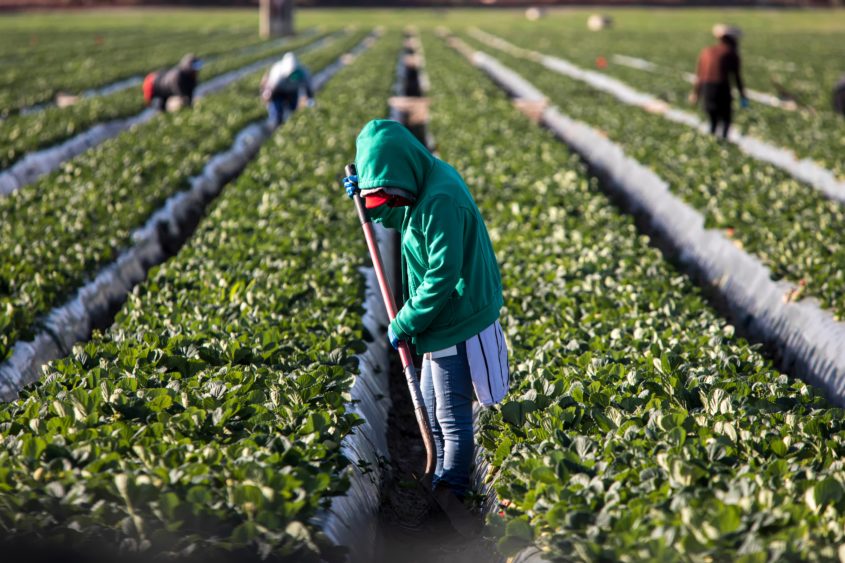
Although few, if any, studies exist that focus solely on those owning or operating vineyards, the data highlighting increases in mental health issues and suicides for agriculturalists is disturbing. A 2020 Centers for Disease Control (CDC) study showed suicide rates for farmers were 43 per 100,000, compared to an average of 27 per 100,000 across all occupations. Those numbers are expected to increase over the coming years.
People farm grapes and make wine for many reasons. Some do so because their family and forebears did, feeling both honored and obligated to carry on the tradition. They feel a deep sense of responsibility to those who came before and to future generations. Others have entered the industry with a desire to embrace the agricultural lifestyle—filling their days by working the soil or transforming living grapes into a fermented beverage with meaningful ties to history. For many in the industry, it is unfathomable to imagine doing anything else.
Farming and producing an agricultural product such as wine has never been easy. However, those challenges have only increased in recent years. The pandemic, fires, drought, fluctuating market prices, ever-changing trade and tariff policies, labor shortages, the ongoing consolidation of the industry, new pest and disease pressures, shifting regulations, and the volatility in consumer preferences have all conspired to create an industry wracked by insecurity. What’s more, there’s a sense that planning for more than a single year into the future is impractical, if not impossible.
A 2019 survey by the American Farm Bureau Federation (AFBF) indicated that 48% of the respondents said that they had personally experienced more mental health challenges than a year prior. The reason for these challenges included financial issues (91%) and fear of losing the farm (87%).
Couple all of these external factors with a culture that celebrates individual stoicism and a do-it-yourself mentality and the result is that seeking help, especially mental-health-related help, is often avoided. The AFBF presentation highlighted that 70% reported the cost of treatment as a barrier to seeking help, closely followed by embarrassment (65%) and stigma (63%). Of course, these barriers only add stress and can result in isolation, shame, depression and withdrawal.
Because of this dynamic, self-medication is often an early indication of trouble. According to a 2015 Substance Abuse and Mental Health Services Administration report, “Substance Use and Substance Use Disorder by Industry,” alcohol is the most commonly abused substance by people working in agriculture.
Close family members are often the first to notice any changes in behavior; however, it is often other people (beyond medical personnel) who might also be among the first line of defense when it comes to assisting those in trouble. These include trusted individuals within the close world of those affected, such as lenders and bankers, clergy and members of faith-based communities, insurance agents, beauty shop and barbershop employees, school teachers and principals, local industry groups and many others.
Because of the fear of the stigma associated with mental-health treatment, many healthcare providers are now co-locating facilities under one roof, and many organizations have created crisis hotlines. In 1985, Farm Aid launched a national farmer hotline for business assistance; currently, Farm Aid reports that one-third of the calls they receive are mental-health-crisis related. (Farm Aid is an organization that works with local, regional and national organizations to promote fair-farm policies and grassroots organizing campaigns designed to defend and bolster family farm-centered agriculture.)
Today, more local options exist for those seeking help, including county-wide, city-focused, or healthcare provider options. However, a 2019 poll by the Kaiser Family Foundation and the California Health Care Foundation found the mental-health treatment was the top health concern, with 88% of respondents calling it extremely or very important. More than half of those surveyed believed their communities lacked enough mental-health resources.
The wine industry has been battered over recent years, and those factors are increasingly impacting the mental-health challenges felt by wine-grape-growing farmers and winery workers. It is imperative that the entire community rally to help erase the stigma surrounding mental health issues and their treatment, while at the same time becoming increasingly sensitive to the signs of those needing assistance.




